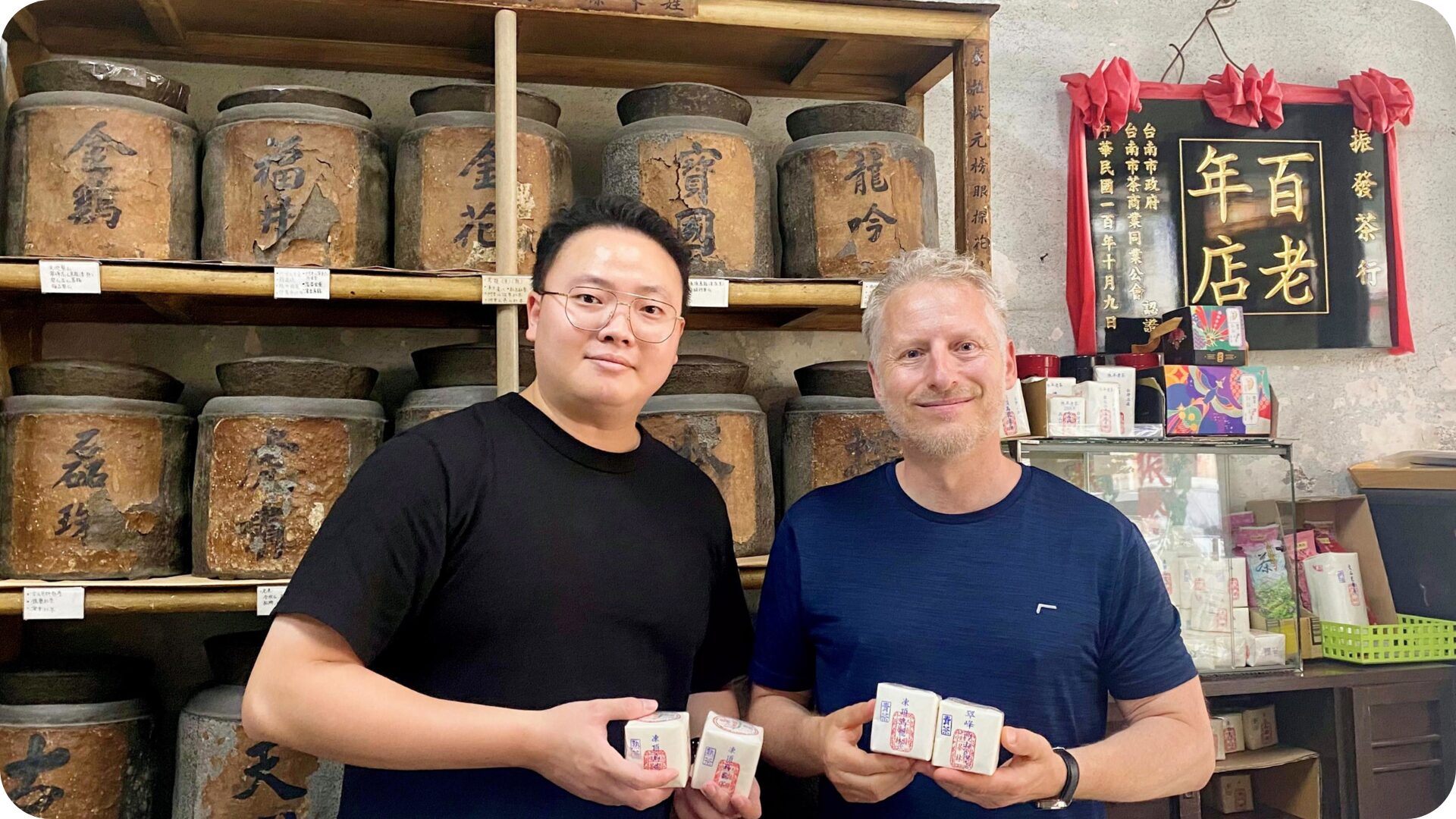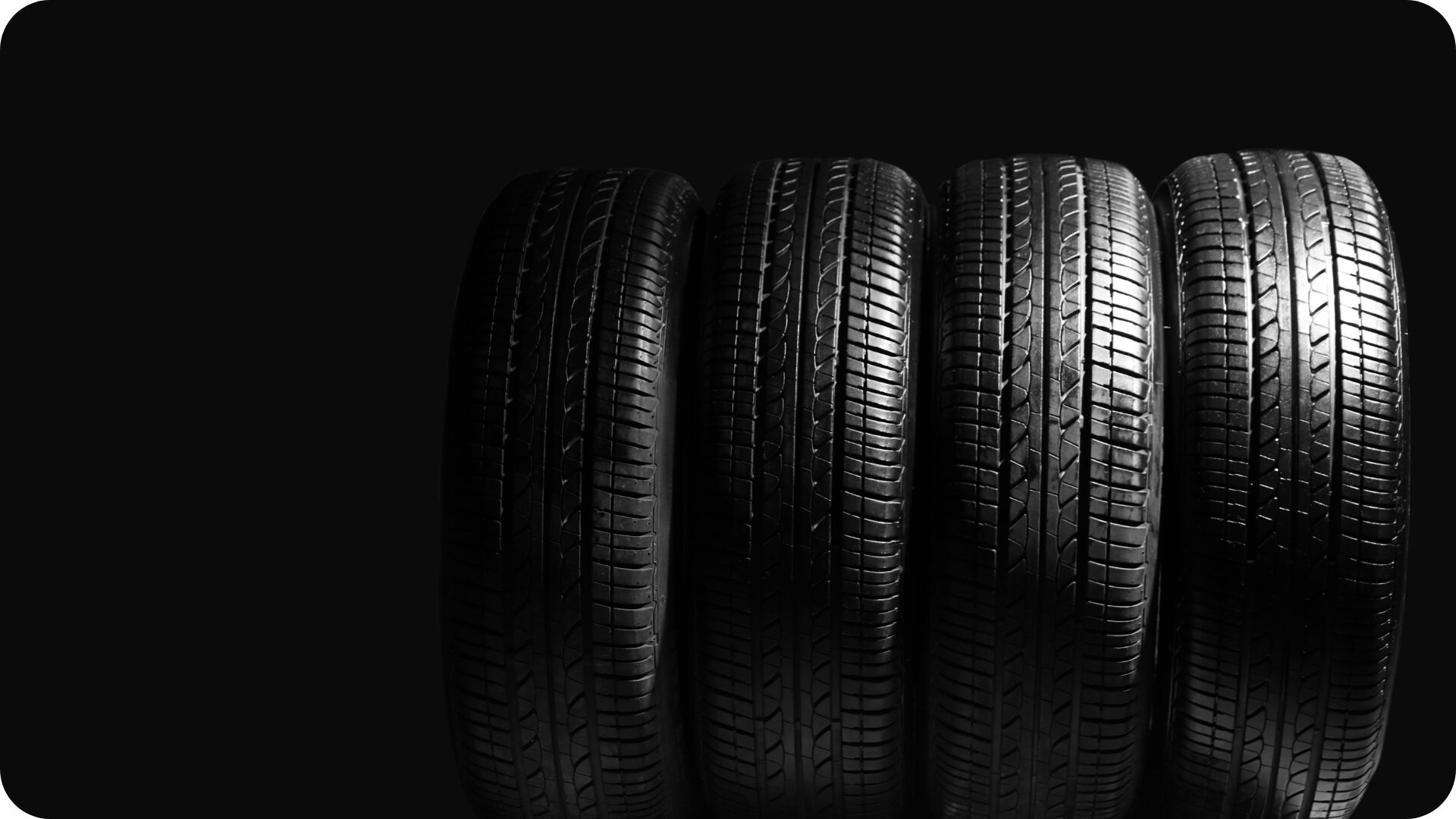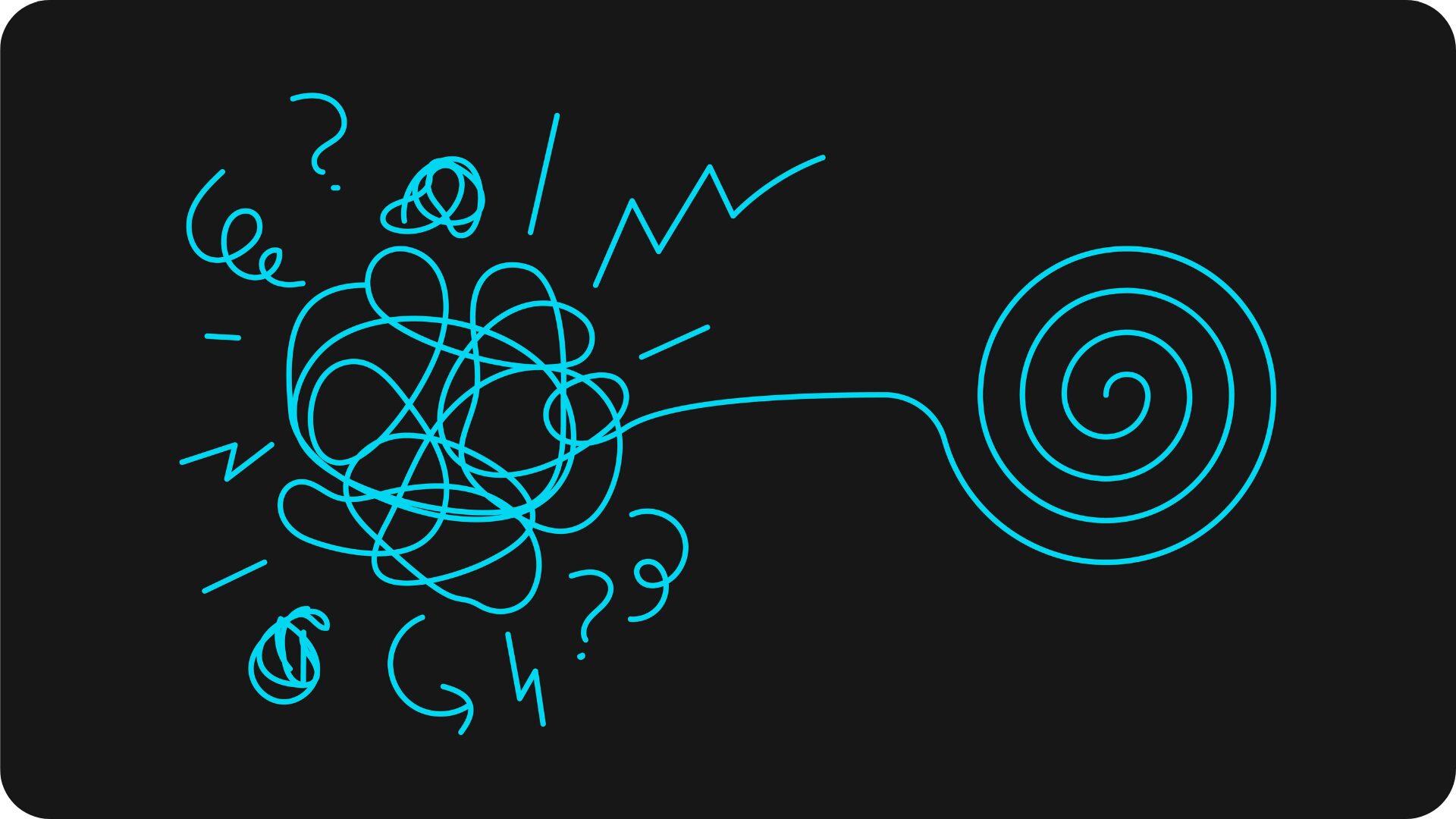“Där HÄTTI und där WETTI si beschti Fründe gsi.”
I came across this phrase a few times as a kid.
If you don’t speak Swiss German, here’s the translation: “COULD and WOULD were best friends.”
As a little boy, I had made it a habit to dress up my missteps in what I thought were clever excuses. It sounded something like “If my bike hadn’t had a flat tire, I would’ve been home in time for dinner.” Or “If the teacher explained things better, I could’ve gotten a better grade.”
You’re probably thinking: Sure, Ralph… tell that to someone who’ll buy it. And yes, COULD and WOULD really were close allies back then.
What surprises me today is how many grown-ups still argue the same way. And I mean even people with seven-figure salaries. (For the record, I used to get about 50 cents a week in pocket money from my parents.)
You hear it all the time in football interviews after the match. “If we hadn’t conceded that early goal, the game would’ve turned out differently.” And it’s no different in the corporate world.m”In a more attractive market environment, we could hit our targets.”
No winning team talks like that. And neither does any company that actually reaches its goals. The subjunctive, the “woulda-coulda” tense, is often (not always, but often) the language of losers.
Of course, there’s a fine line. Politeness is not seldom expressed in the subjunctive. So are possibility and desire and in those cases, the form is not only appropriate, it’s necessary.
But unlike intentional use, the inflationary use of the conditional brings mostly one thing. Vagueness, lack of ownership and verbal fog.
I catch myself slipping into the what-if voice, too. When that happens, I ask myself two questions.
Would a winner talk like this?
or
Does a winner talk like this?
Warm regards,
Ralph Hubacher












